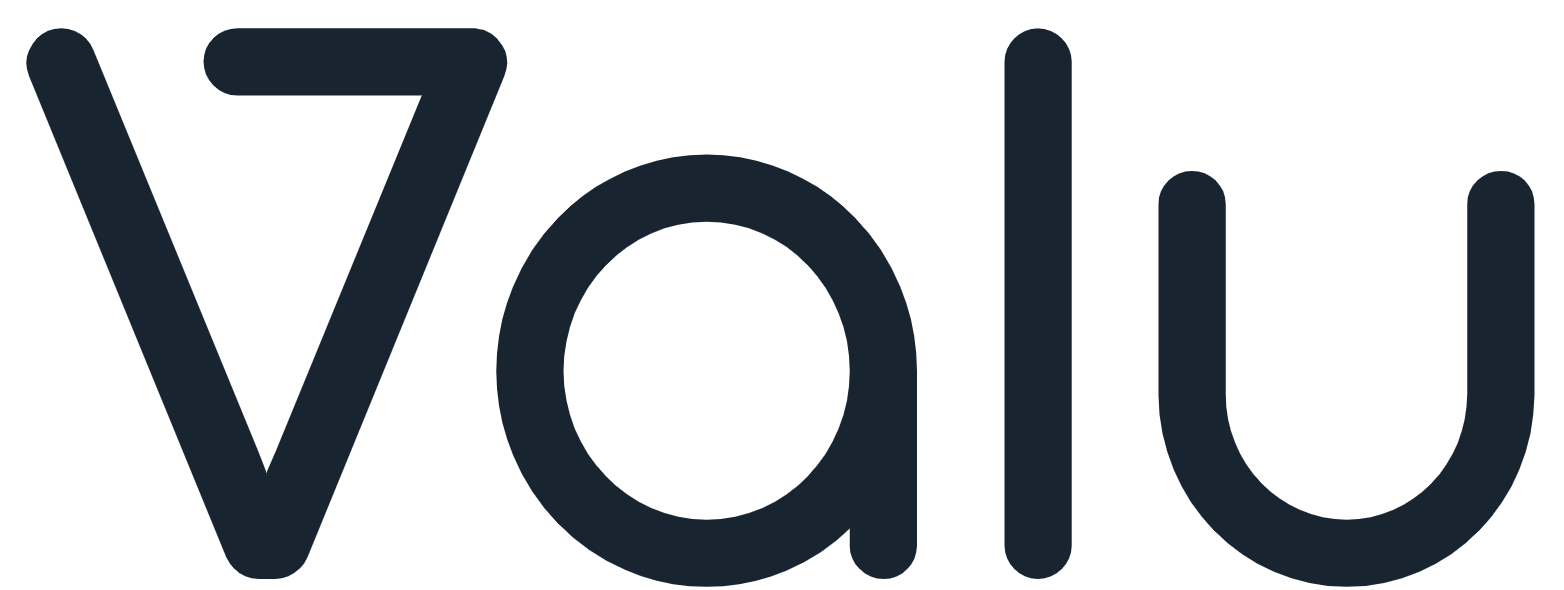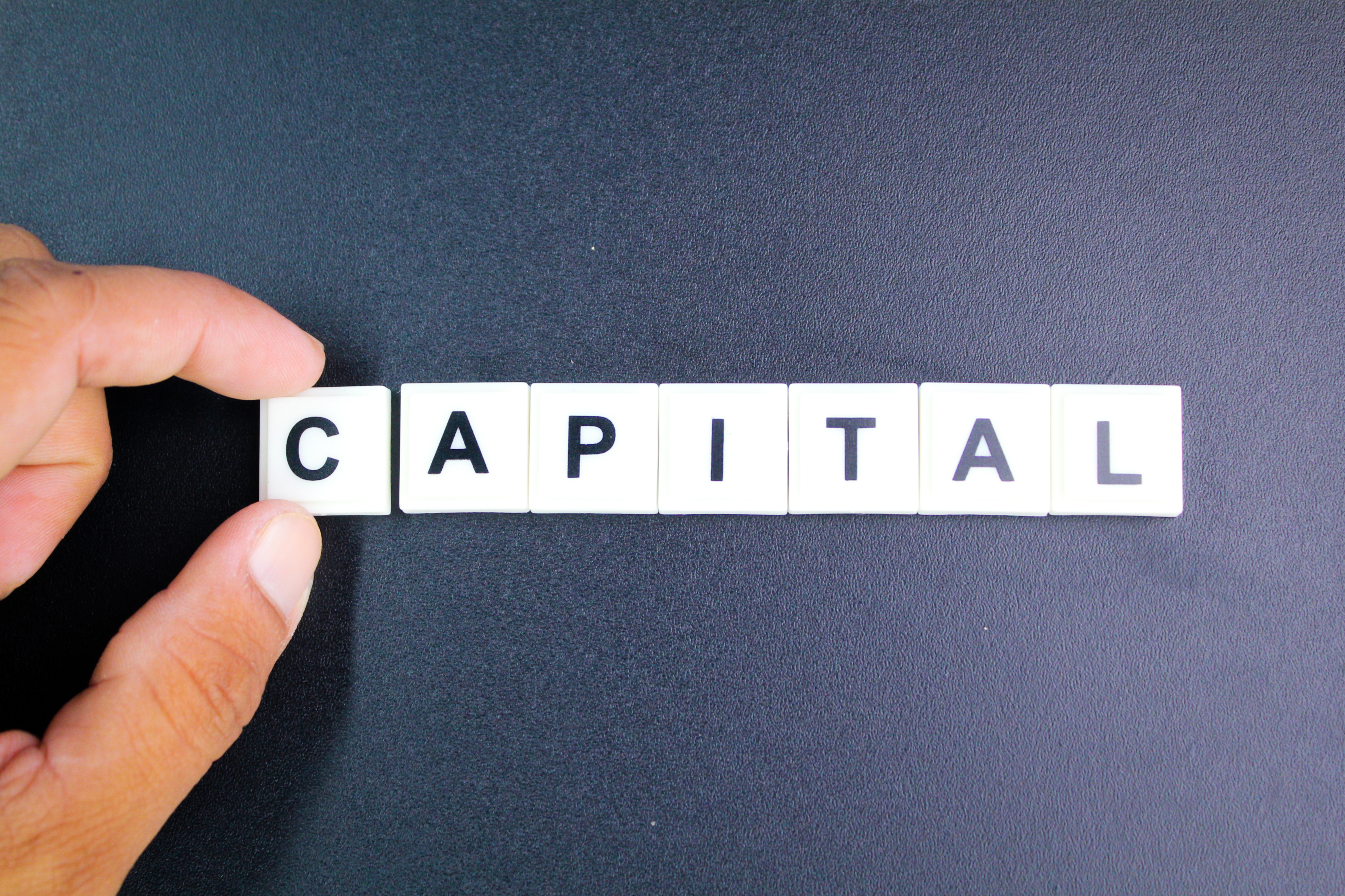DeFi Projects Investment: Decentralized Potential
In the rapidly evolving landscape of cryptocurrency and blockchain technology, one term that’s been making waves is “DeFi” or Decentralized Finance. It’s not just a buzzword; it’s a revolutionary approach to finance that’s reshaping the way we think about traditional financial systems. In this article, we’ll explore the exciting world of DeFi projects and the incredible potential they hold for investors.
Table of Contents
- Introduction
- Understanding DeFi
- Why DeFi Matters
- The DeFi Project Landscape
- 1. Decentralized Exchanges (DEXs)
- 2. Yield Farming and Liquidity Provision
- 3. Lending and Borrowing Platforms
- 4. Synthetic Assets
- 5. Governance Tokens
- How to Get Started with DeFi Investments
- 1. Wallet Setup
- 2. Research
- 3. Risk Management
- The Emotional Connection to DeFi
- Risks and Challenges
- Success Stories
- Conclusion
- FAQs
Introduction
Imagine a financial world where intermediaries like banks are replaced by smart contracts, and where everyone has equal access to financial services. That’s the promise of DeFi, and it’s capturing the imagination of investors worldwide.
Understanding DeFi
DeFi, short for Decentralized Finance, is a blockchain-based financial ecosystem that seeks to replicate and enhance traditional financial services using blockchain technology. It’s about creating an open, permissionless, and global financial system.
Why DeFi Matters
DeFi matters because it addresses some fundamental flaws in traditional finance. It eliminates intermediaries, enhances financial inclusion, and provides transparency and security.
The DeFi Project Landscape
1. Decentralized Exchanges (DEXs)
DEXs like Uniswap and SushiSwap allow users to trade cryptocurrencies directly from their wallets, without relying on a centralized exchange.
2. Yield Farming and Liquidity Provision
Yield farmers provide liquidity to DeFi platforms and earn rewards in return. It’s a way to make your crypto work for you.
3. Lending and Borrowing Platforms
DeFi lending platforms like Aave enable users to lend their assets to others and earn interest, while borrowers can access funds without going through a traditional bank.
4. Synthetic Assets
Synthetic asset platforms create assets that mimic real-world assets like stocks and commodities, opening up investment opportunities.
5. Governance Tokens
Governance tokens like MakerDAO’s MKR allow users to participate in decision-making processes within DeFi projects.
How to Get Started with DeFi Investments
1. Wallet Setup
You’ll need a crypto wallet to store your assets securely. Options range from software wallets to hardware wallets.
2. Research
Research is crucial in the world of DeFi. Understand the projects you’re interested in, their teams, and their technology.
3. Risk Management
DeFi can be volatile. Only invest what you can afford to lose, and consider diversifying your investments.
The Emotional Connection to DeFi
Investing in DeFi isn’t just about profits; it’s about participating in a financial revolution that empowers individuals. It’s about being part of something bigger.
Risks and Challenges
While the potential for growth is immense, DeFi investments come with risks like smart contract vulnerabilities, regulatory changes, and market volatility.
Success Stories
Many early DeFi adopters have seen impressive returns on their investments, and some DeFi projects have grown into billion-dollar ecosystems.
Conclusion
DeFi projects represent a new era in finance, one that’s decentralized, open, and inclusive. It’s an emotional journey into a world where traditional barriers are breaking down, and individuals have more control over their financial destinies.
FAQs
- What is DeFi? DeFi, or Decentralized Finance, is a blockchain-based financial ecosystem that aims to recreate and enhance traditional financial services using blockchain technology.
- Why is DeFi important? DeFi matters because it eliminates intermediaries, enhances financial inclusion, and provides transparency and security in the financial system.
- How do I start investing in DeFi? To get started, set up a crypto wallet, conduct research on DeFi projects, and practice risk management.
- What are the risks of DeFi investments? Risks include smart contract vulnerabilities, regulatory changes, and market volatility. It’s crucial to approach DeFi investments with caution.
- Are there any success stories in DeFi investments? Yes, many early DeFi adopters have seen significant returns on their investments, and some DeFi projects have grown into billion-dollar ecosystems.



